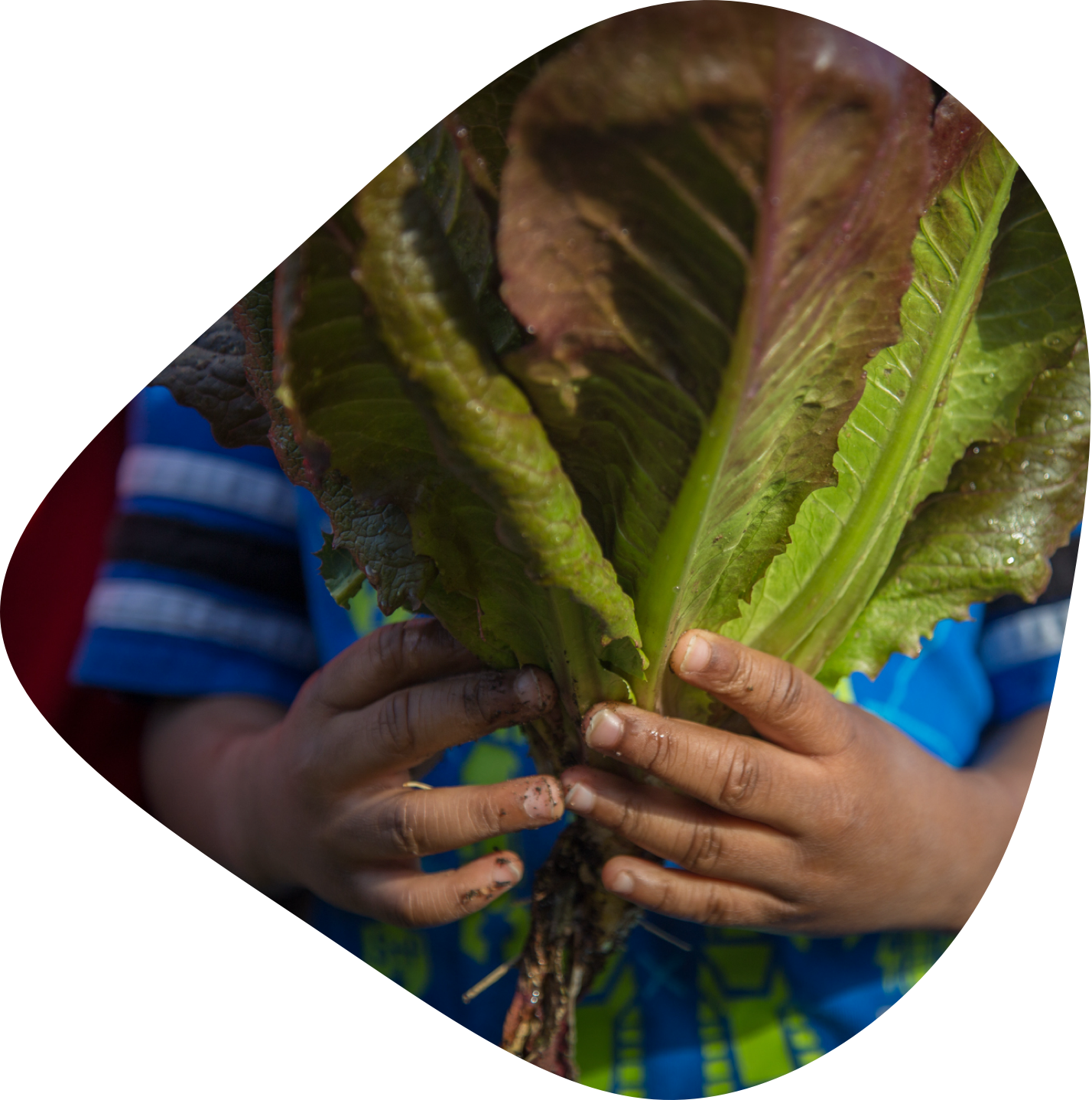
Penasco Independent School District
Penasco Independent School District is not seeking new Corps Members for the 2025-2026 term.
A Peñasco education is rooted in school and community pride. Our population is 81% Hispanic, 11% Native, 4% Anglo, 4% other, and we celebrate our communities. We bring unity to the school and community as we cultivate a positive and engaging learning environment, empowering students to explore and connect to the larger world. Many of our traditions focus on food, cooking, and farming, and, to create a positive and engaging learning environment, our district has created a project-based learning initiative, of which gardening and the culinary arts are a part.
We want our students to learn the process of preparing food from farm to table. We will do this through engaging teachers, classrooms and students with garden boxes, building and maintaining greenhouses on campus and exploring hydroponics.
Partner sites in New Mexico are located in the occupied territories of Farmington, Peñasco, Las Cruces, and Anthony. We acknowledge and seek to continually honor that all land within the present borders of New Mexico were originally entrusted and stewarded by Indigenous Peoples. New Mexico currently has the lowest quality of life for children and some of the highest hunger and poverty rates in the nation.
-
Interested in learning more about our New Mexico programs? Contact us at
nmprograms@foodcorps.org
Penasco Independent School District is not seeking new Corps Members for the 2025-2026 term.
A Peñasco education is rooted in school and community pride. Our population is 81% Hispanic, 11% Native, 4% Anglo, 4% other, and we celebrate our communities. We bring unity to the school and community as we cultivate a positive and engaging learning environment, empowering students to explore and connect to the larger world. Many of our traditions focus on food, cooking, and farming, and, to create a positive and engaging learning environment, our district has created a project-based learning initiative, of which gardening and the culinary arts are a part.
We want our students to learn the process of preparing food from farm to table. We will do this through engaging teachers, classrooms and students with garden boxes, building and maintaining greenhouses on campus and exploring hydroponics.
Partner sites in New Mexico are located in the occupied territories of Farmington, Peñasco, Las Cruces, and Anthony. We acknowledge and seek to continually honor that all land within the present borders of New Mexico were originally entrusted and stewarded by Indigenous Peoples. New Mexico currently has the lowest quality of life for children and some of the highest hunger and poverty rates in the nation.
-
Interested in learning more about our New Mexico programs? Contact us at
nmprograms@foodcorps.org
